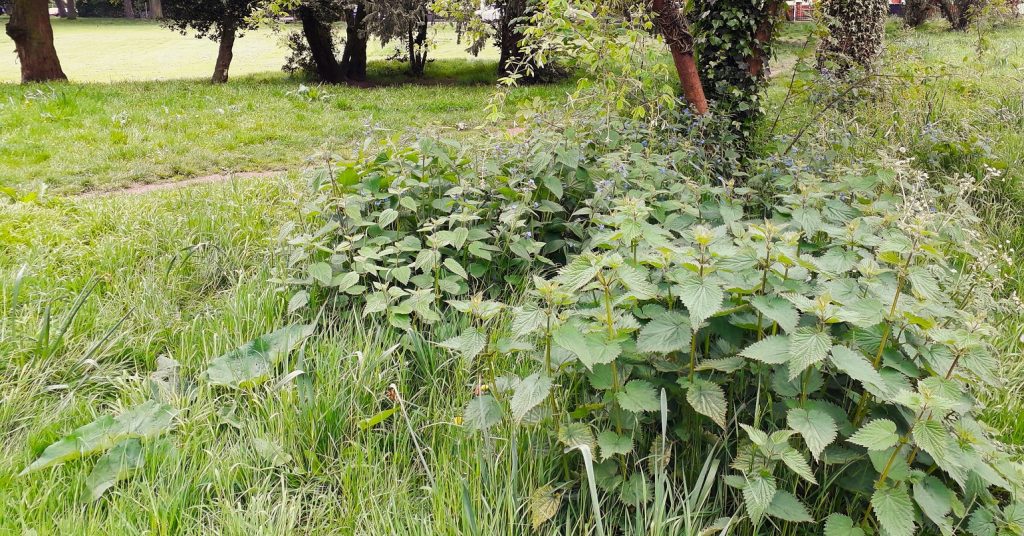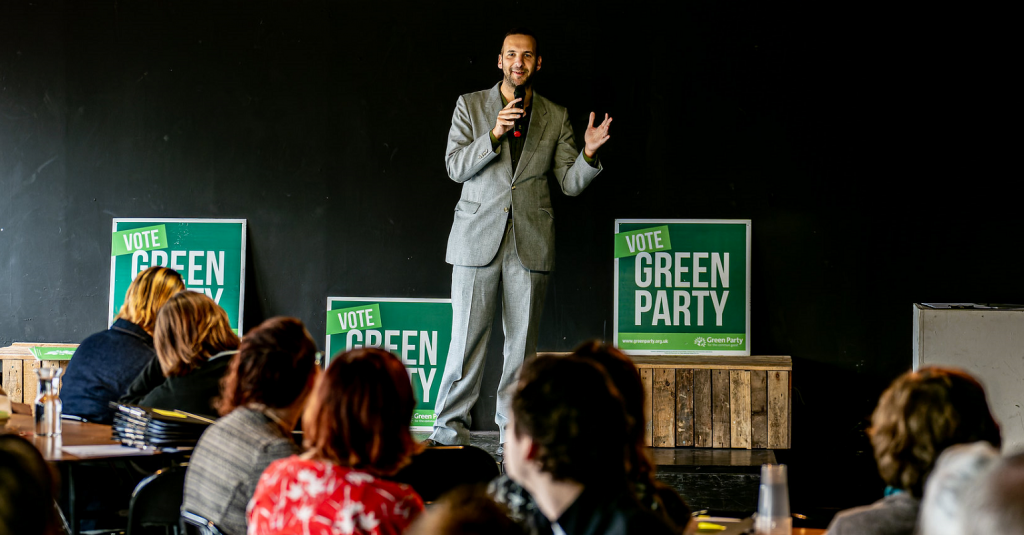How local community action can drive environmental empowerment

I can’t be the only person feeling overwhelmed by activism anxiety, can I? Everyday there seems to be another crisis: one more beach flagged as unsafe for bathing, landslides and overflowing drains because of building on floodplains, more countryside being desecrated so a warehouse complex can be built. There’s so much to worry about. Is it any wonder that many people feel helpless?
Every now and then I get told, ‘You’re wasting your time recycling’ or ‘Electric cars aren’t going to solve anything.’ Maybe they’re right; perhaps those of us grubbing about in the dirt are on a hiding to nothing if big business and those in power continue to take actions that do little to improve the state of our environment, and in some cases are actually detrimental. Why should I refuse a plastic drinks bottle while banks are still investing in new fossil fuels?
If this is you, may I suggest an alternative point of view? Stop thinking big and focus on the small stuff. One of the most encouraging snippets of homespun philosophy I’ve heard recently is ‘It’s not your job to fix everything, but it is your duty to try to fix what you can.’ OK, this is still a big task, but I think it’s feasible. It might be tempting to think that it’s not worth doing the little things, but I’m hearing lots of good-news stories about local initiatives here in Kettering that are making a difference.
For example, lots of residents have embraced No Mow May in a big way and there are plenty of yellow signs around the town declaring, ‘Pardon the weeds, we’re feeding the bees.’ Apart from the obvious first-rung benefits this brings, it is also a really easy way to get the message across that everyone has a role to play in protecting the environment. Sadly, our council isn’t following the example we are setting, and we are still working on getting them to stop spraying broad-spectrum herbicides on the pavements, but that shouldn’t stop us doing our bit.
A local Green Party councillor responded to a resident’s suggestion that a ‘Children Playing’ sign be put up at the entry into a new estate, after she noticed that youngsters were out with footballs and skateboards – an easy win.
Several local groups organise group cycle rides. These range from ‘get to know your town’ trips to the more serious ones that highlight the value of safe cycle routes in connecting residents with amenities and green spaces. This is a great way to introduce (or reintroduce) cyclists to the sheer joy of travelling on two wheels, as well as demonstrating the viability of the bike as a means of transport. It is easy to overestimate the distance between, say, your home and the railway station when you make the journey by car.
We have a newly established community garden that is being developed in what was the car park of one of our churches. Under the guidance of an experienced gardener, residents are pooling resources to build and fill raised beds, and in due course they will be able to share the (literal) fruits of their labours.
One of our biggest parks has a Friends group and residents have come together to plant spring bulbs and to revitalise neglected borders. New benches have appeared, too. Also in the park and elsewhere in the area, volunteers have put up boxes of free dog poo bags for people to take if they need one. Other people have planted trees and indulged in a little ‘guerrilla gardening’ around the area.
A team from the council has recently been seen gathering up rubbish from the hard shoulder on some of our major roads, but volunteers have been playing their part on the smaller – and safer – roads. Some of these sessions are formally organised by the Wombles or the Green Party; others are simply groups of friends setting out with grabber and bag to do their bit in the own neighbourhood.
There are other, more tangential opportunities for making your little corner of the world a better place. Walk your local footpaths to make sure they stay used and open; support local festivals, neighbourhood shops, amateur theatre groups and other local arts events; cheer on your local sports team; and go online and share good-news stories and details of others’ campaigns. On the face of it, these actions might have little to do with saving the planet, but they help foster a sense of community, which improves mood and makes everyone more likely to take positive steps in their own life and to lead by example. Yes, this is a bit Pollyanna-ish, but what’s the alternative? Sitting at home waiting and doing nothing?
It comes down to changing our mindset from one of impotence to one of empowerment. We can all do something, and all these ‘somethings’ could combine to make a wonderful whole.
Julia Thorley is a writer and environmental activist based in Kettering.
PS. We hope you enjoyed this article. Bright Green has got big plans for the future to publish many more articles like this. You can help make that happen. Please donate to Bright Green now.




Leave a Reply